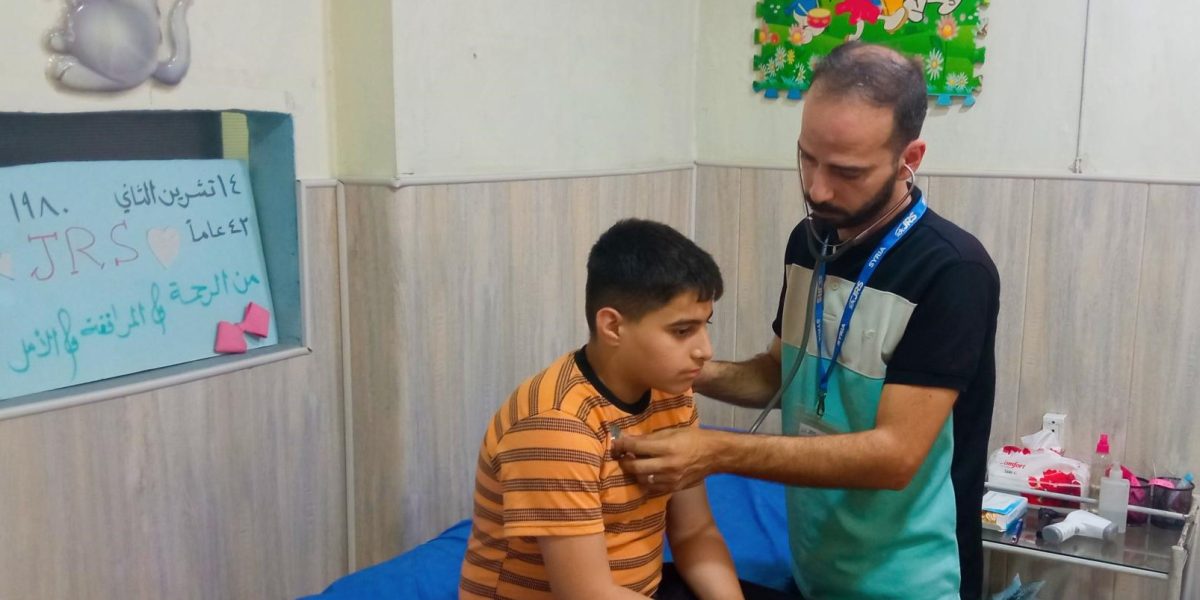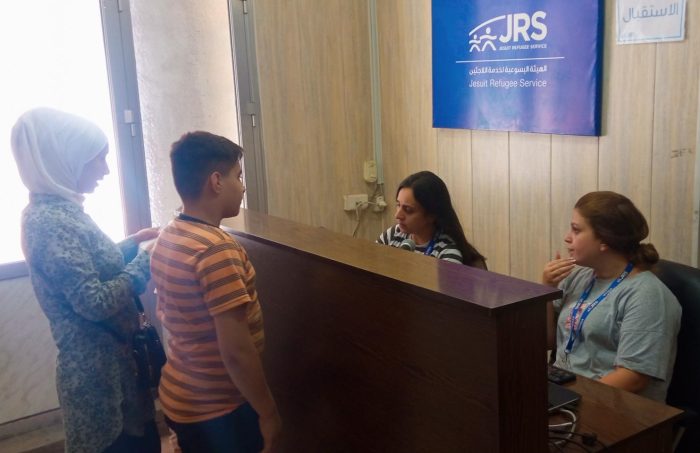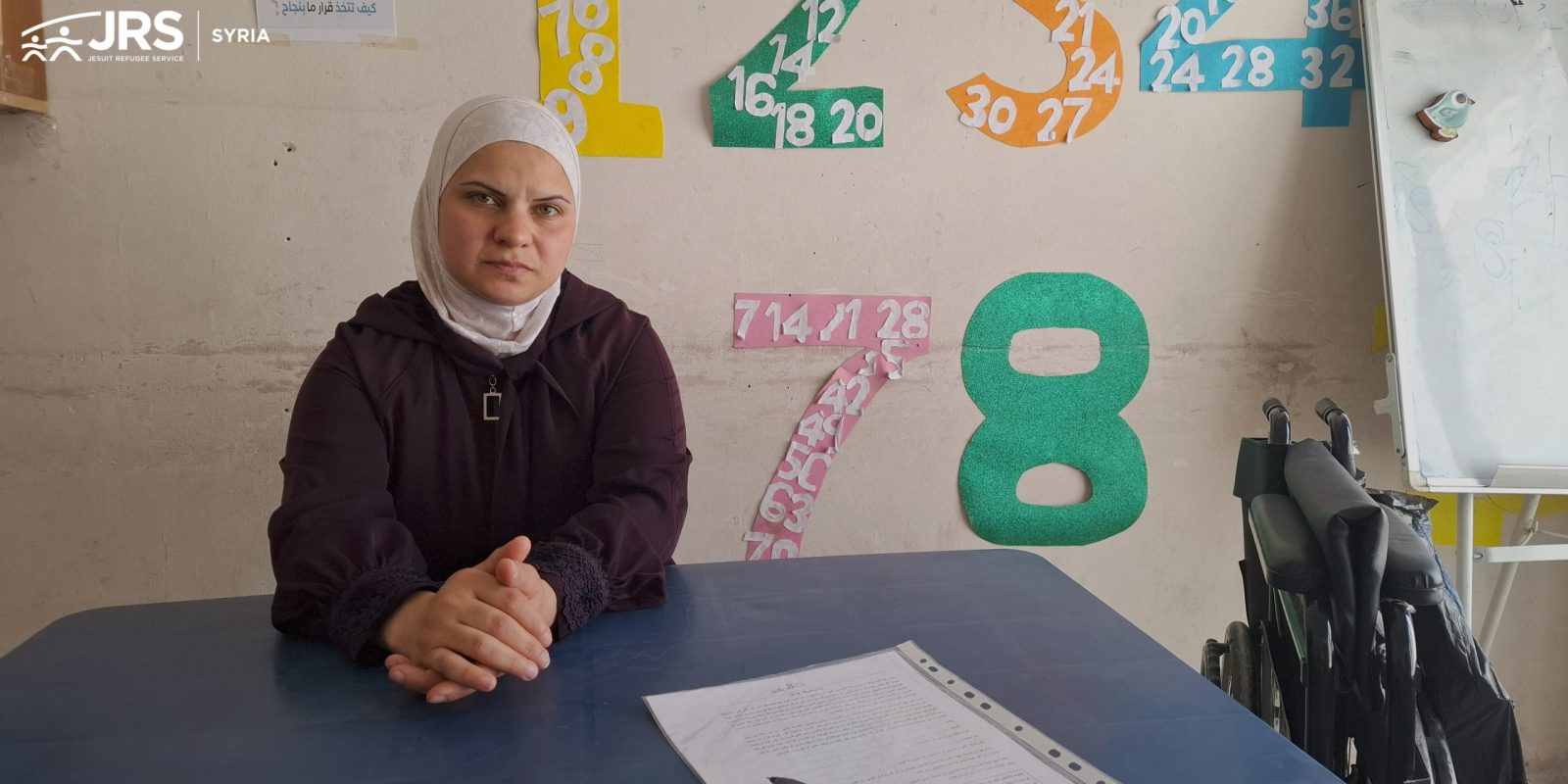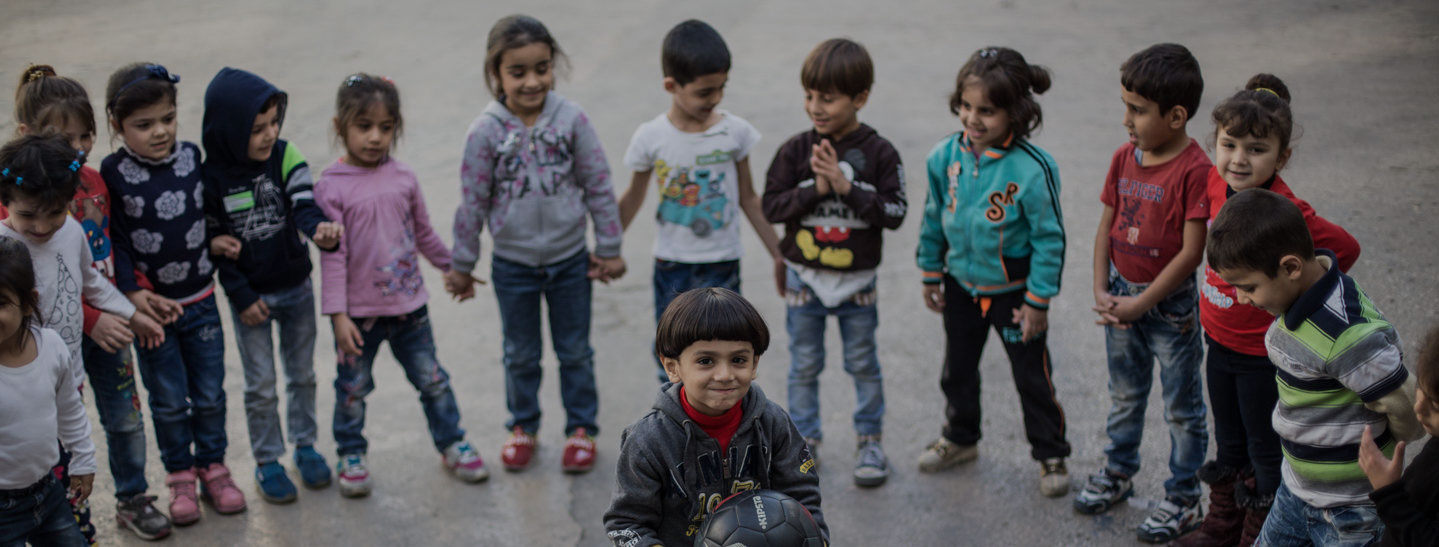A Second Chance: Salem’s Journey of Survival and Hope
26 August 2025

Just days after losing his father, thirteen-year-old Salem fell gravely ill. With hospitals
refusing to admit him and his mother fearing the worst, hope seemed out of reach until
a team of dedicated doctors made a courageous decision that saved his life.
At just thirteen years old, Salem was still grieving the loss of his father, who had passed away due to pulmonary fibrosis, when he found himself struggling with illness. He lived with his widowed mother, who was still in her mourning period, in extreme poverty with no support. His only sibling had a disability, making Salem the family’s sole provider. With no access to medical assistance, his journey to treatment became a battle against time.
Salem arrived at the clinic suffering from severe coughing, shortness of breath, and a rapid heartbeat. His oxygen levels had dropped to 87%, and his blood pressure was alarmingly high. Medical tests confirmed bilateral pneumonia, pleural effusion, and kidney-related complications.
However, what worsened Salem’s condition was not just the illness itself but the overwhelming fear he and his mother carried. His mother was so convinced that he had the same disease as his father that she made him use the same medical devices his father had used before his death, including an incentive spirometer.
When Dr. Mona Hamashli, a volunteer pediatrician at the Jesuit Refugee Service (JRS) clinic in Al Helluk, examined him for the first time, his mother cried out, “He will die just like his father!” causing Salem to break down in fear.
A Struggle for Treatment
Despite the urgency of his case, Salem was turned away by multiple hospitals. The first hospital refused him due to age restrictions, the second was unavailable due to ongoing strikes, and the third declined to admit him because of his critical condition. With no financial means for private hospitals, Salem had nowhere to turn.
In the face of these challenges, Dr. Mona made a courageous decision: to treat him at home despite the risks. “We had no other choice. Leaving him untreated was not an option,” she said.
A strict treatment plan was put in place, including intramuscular antibiotics, nebulization therapy, and continuous pain management, along with psychological support to help him cope. “For me, psychological recovery was just as important as physical healing, especially in such a heartbreaking situation—losing a father, extreme poverty, and no other caregiver,” she said.

A Path to Healing
Dr. Mona took full responsibility for Salem’s care, not just medically but emotionally. She patiently explained his test results and X-rays, teaching him to read lung images to reassure him that his condition was improving. “I wanted to give him confidence, to help him understand that he was not suffering from the same illness as his father,” she said.
Dr. Mohamed Al-Masri, the lead doctor of the JRS health project in Al Helluk, also supported Salem throughout his treatment. “I admired his courage. As he got better, he started coming to his check-ups alone because his mother was still in mourning. I treated him as an informed patient, explaining his condition and showing him how his health was improving,” he said.
After five days of intensive care, Salem showed significant improvement; his breathing stabilized, his oxygen levels returned to normal, and he regained his strength. Within a week, he no longer needed medication and was on his way to full recovery.
A New Chance at Life
A few days ago, Salem returned to the clinic—not as a patient, but as a survivor. With a bright smile, he said: “I’m happy I didn’t die. Thank you all.” From loss and fear, Salem found hope. Despite multiple hospital rejections, he found doctors who refused to give up on him. Thanks to the dedication of the Jesuit Refugee Service medical team, Salem’s story became one of hope and courage, proving that every life is worth fighting for.
Salem’s journey is just one of many that the JRS’s medical project (SEHHA Project) supports. Serving more than 20 thousand in Aleppo, the SEHHA Project continues to make a difference in countless lives, providing hope and care.
Note: “Salem” is a pseudonym. The real name has been changed to protect the individual’s privacy.


